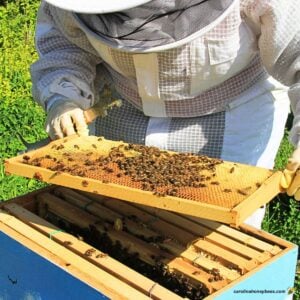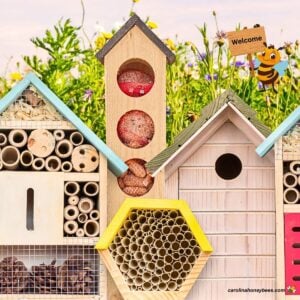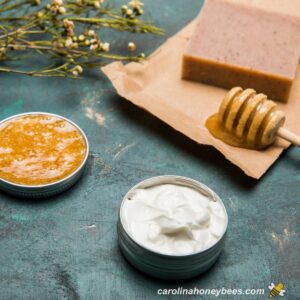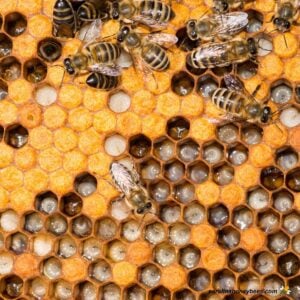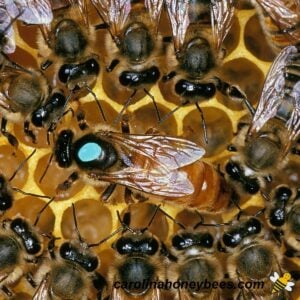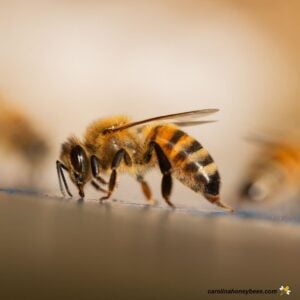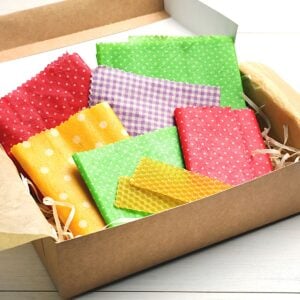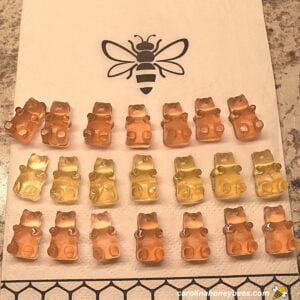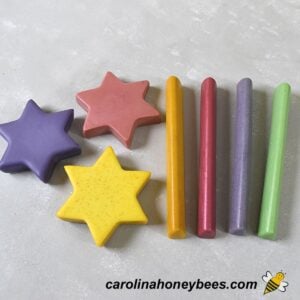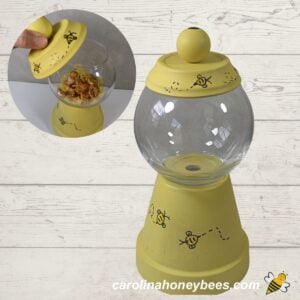Your Guide to Beekeeping & Bee-Inspired Living
From practical beekeeping advice to honey recipes, beeswax crafts, and pollinator-friendly gardening—discover how to bring the magic of bees into every part of your life.

Get the Buzz on Beekeeping & Life with Bees..
Subscribe to my weekly newsletter. Practical beekeeping guidance, along with honey uses, beeswax projects, and bee-friendly gardening ideas.
Welcome to Carolina Honeybees!
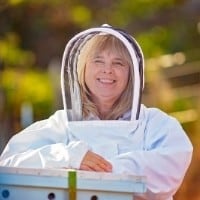
I’m Charlotte Anderson — Master Beekeeper, beekeeper mentor, and long-time lover of all things bees. Over the years, I’ve helped thousands of new beekeepers get started with confidence, and I’m here to help you do the same.
Whether you’re beginning your first hive, exploring honey recipes, learning about beeswax, or planting a garden the bees will adore, you’ll find friendly, real-world guidance based on my own experiences in Upstate South Carolina.
Beekeeping
Whether you’re a beginner beekeeper just getting started or an experienced apiarist looking to enhance your skills, these informative posts and practical tips are just what you need. Explore these beekeeping topics and take your skills to the next level.
Learn & Grow with Helpful Resources
I’ve created several resources designed to help beekeepers stay on track and feel confident — along with tools for gardeners and bee enthusiasts.

Beginner Beekeeping
Online Class
Join Master Beekeeper Charlotte Anderson in this online beginner’s class. You will learn everything you need to know to get started with bees.

Buzz into Beekeeping
Experience the joy of keeping bees and learn more about hive styles, pest management, harvesting honey, modern uses for beeswax, and so much more!

Beekeeping Journal
Available to use immediately as a digital download or in print from Amazon. The beekeeping journal is more than just a diary. It contains a beekeeper’s calendar and dozens of helpful tips.

Flowers for Your Honey Bee Garden
Did you know that not all plants are good for bees? Use this helpful guide to choose the best bee friendly flowers for your garden.
Everything Bees
Discover the world of honey bees and their fascinating relatives. These remarkable pollinators have advanced social structures and play an important role in our ecosystems. This wealth of information about bees will broaden your knowledge and appreciation – making you a better keeper of the bees.
Buzz into Beekeeping
Experience the joy of keeping bees and learn more about hive styles, pest management, harvesting honey, modern uses for beeswax, and so much more!
Beeswax
Unravel the secrets of beeswax – a remarkable substance made by honey bees. You will learn how honey bees produce beeswax and the hundreds of ways you can use it in and around your home.
Honey
Immerse yourself into the sweet world of honey. Learn how bees use plant nectar to make many different varieties of honey that we can enjoy. In addition to being a excellent compliment at the table, you will learn many diverse applications for using honey: from creating home beauty products to a natural sweetener for your favorite beverage.
My Beekeeping Journal
Available to use immediately as a digital download or in print from Amazon. The beekeeping journal is more than just a diary. It contains a beekeeper’s calendar and dozens of helpful tips.
Recipes
Explore our collection of honey recipes and learn how this natural sugar can add flavor and sweetness to any meal. Whether you are an experienced chef or a novice in the kitchen, these easy to follow recipes will help you incorporate honey into your favorite dishes.
Bee Gardens
Create a buzzin haven for our winged pollinator friends. Learn about the best bee friendly plants and gardening practices that you can put in place to welcome bees to your garden. Transform your outdoor space into a sanctuary for hungry bees.
Bee Crafts
If you love making things, this collection of posts will certainly get your creative juices buzzing. Honey bee themed crafts that are suitable for all ages are found within. Easy to make gift ideas and great “lets-do-it-together” projects for the kids or grandkids.






